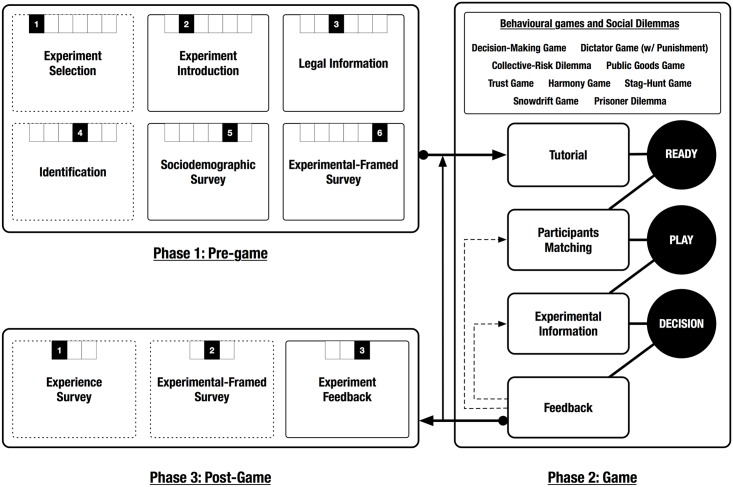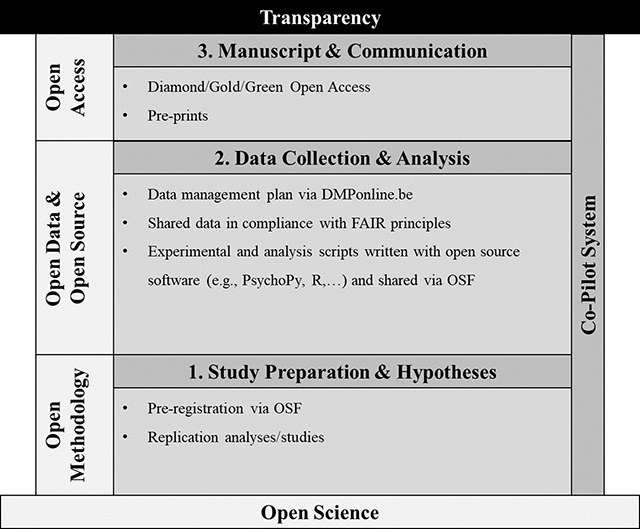This examine examines how two sorts of genuine analysis experiences associated to smoking behavior-genotyping human DNA (moist lab) and utilizing a database to check hypotheses about elements that have an effect on smoking habits (dry lab)-influence college students’ perceptions and understanding of scientific analysis and associated science ideas.
The examine used pre and put up surveys and a spotlight group protocol to match college students who performed the analysis experiences in a single of two sequences: genotyping earlier than database and database earlier than genotyping.
Students rated the genotyping experiment to be extra like actual science than the database experiment, in spite of the truth that they related extra scientific duties with the database expertise than genotyping. Independent of the order of finishing the labs, college students confirmed positive aspects of their understanding of science ideas after completion of the 2 experiences.
There was little change in college students’ attitudes towards science pre to put up, as measured by the Scientific Attitude Inventory II. However, on the idea of their responses throughout focus teams, college students developed extra refined views concerning the practices and nature of science after they’d accomplished each analysis experiences, unbiased of the order through which they skilled them.

Non-stop lab week: An actual laboratory expertise for all times sciences postgraduate programs.
At the Portuguese universities, sensible courses of life sciences are normally professor-centered 2-hour courses. This method ends in college students underprepared for an actual work atmosphere in a analysis/scientific laboratory.
To present college students with a real-life laboratory atmosphere, the Non-Stop Lab Week (NSLW) was created within the Molecular Biomedicine grasp program on the University of Aveiro, Portugal.
The distinctive function of the NSLW is its depth: throughout a 1-week interval, college students carry out a subcloning and a protein expression venture in an atmosphere that mimics an actual laboratory. Students work autonomously, and the development of work is dependent upon attaining the each day objectives.
Throughout the three curricular years, most college students thought of the depth of the NSLW an excellent expertise and basic for his or her future. Moreover, after some expertise in an actual laboratory, college students state that each the strategies and the atmosphere created within the NSLW had been just like what they expertise of their present work scenario. The NSLW fulfills a niche in postgraduate college students’ studying, notably in sensible expertise and scientific pondering. Furthermore, the NSLW expertise gives expertise to the scholars which are essential to their future analysis space.


